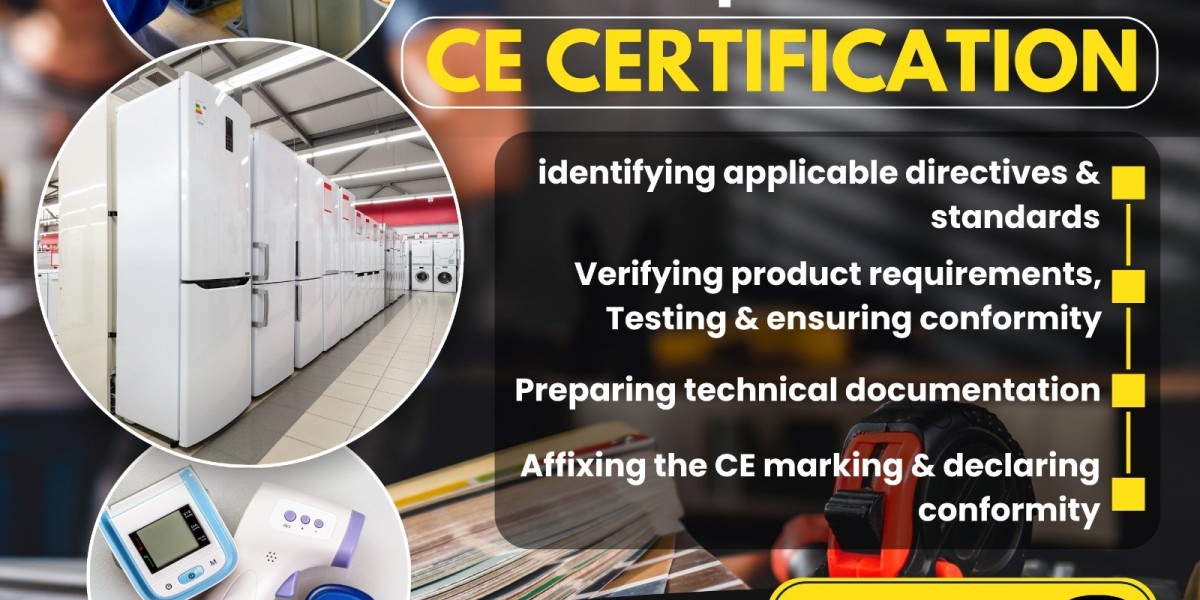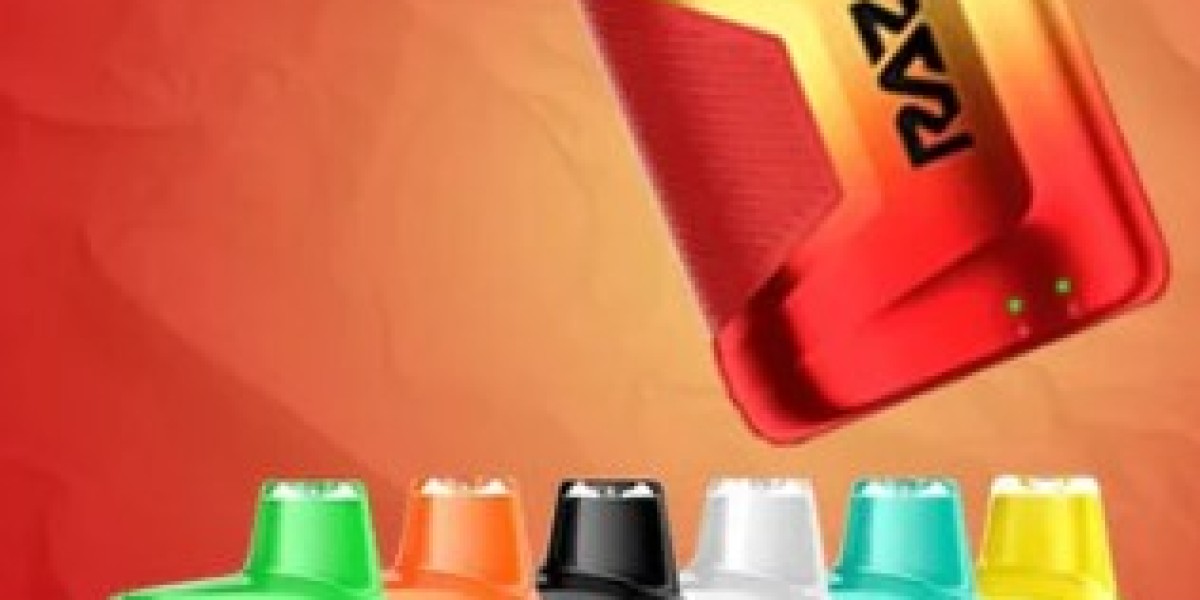The CE (Conformité Européenne) marking is a key indicator that a product meets European Union (EU) safety, health, and environmental protection requirements. If you plan to sell products in the EU or the European Economic Area (EEA), understanding which products require CE certification is essential for market access and regulatory compliance.
What is CE Certification?
CE certification ensures that a product complies with EU directives and regulations. Once a product meets these requirements, it can bear the CE mark, signaling its conformity and allowing it to be sold freely within the EU. The CE mark is not a quality indicator but a declaration that the product meets mandatory legal requirements.
For manufacturers and exporters, including those operating internationally or in the Middle East, such as CE Certification in Saudi Arabia, aligning with CE compliance is a critical step for accessing the European market.
Product Categories Requiring CE Marking
Not all products require CE certification. However, there are specific product categories defined under EU directives that must obtain the CE mark before being sold in the region. These include:
- Electrical Equipment
- Products under the Low Voltage Directive (LVD), such as household appliances, lighting equipment, and power supply units.
- Electronics and Radio Equipment
- Mobile phones, wireless devices, and other communication electronics under the Radio Equipment Directive (RED).
- Machinery
- Industrial machines, power tools, and agricultural equipment covered by the Machinery Directive.
- Toys
- All toys intended for children under 14 must comply with the Toy Safety Directive.
- Medical Devices
- Devices ranging from simple bandages to complex imaging equipment must adhere to the Medical Devices Regulation (MDR) or In Vitro Diagnostic Regulation (IVDR).
- Personal Protective Equipment (PPE)
- Helmets, gloves, safety vests, and masks require CE certification under the PPE Regulation.
- Construction Products
- Building materials like cement, doors, and windows must comply with the Construction Products Regulation (CPR).
- Gas Appliances
- Domestic and industrial gas-powered devices, such as stoves and heaters.
- Pressure Equipment
- Boilers, pressure cookers, and industrial pressure systems must adhere to the Pressure Equipment Directive (PED).
- Measuring Instruments
- Products like water meters, gas meters, and weighing scales.
- Lifts
- All kinds of elevators and lifting equipment for goods or people.
- Recreational Craft
- Boats and watercraft intended for leisure use between 2.5 and 24 meters in length.
CE Certification and Saudi Arabian Exporters
As global trade continues to expand, many companies in Saudi Arabia are seeking opportunities in the European market. Understanding CE marking requirements is vital for Saudi manufacturers aiming for compliance and successful exportation.
For those seeking CE Certification in Saudi Arabia, it's recommended to work with experienced CE Consultants in Saudi Arabia who are well-versed in EU regulatory frameworks. These professionals can guide manufacturers through each step of the certification process, from identifying applicable directives to conducting conformity assessments and compiling technical documentation.
How CE Services in Saudi Arabia Can Help
Many specialized CE Services in Saudi Arabia offer end-to-end support, including:
- Product testing and risk analysis
- Technical file preparation
- Declaration of Conformity drafting
- Notified Body coordination (if required)
- Ongoing compliance monitoring
By leveraging local expertise, Saudi businesses can streamline the CE certification process and reduce the risk of market entry delays or product recalls in the EU.
Conclusion
CE certification is mandatory for a wide range of products intended for the European market. Whether you're a local manufacturer or an exporter in Saudi Arabia, ensuring your products meet EU directives is essential. Collaborating with qualified CE Consultants in Saudi Arabia and utilizing comprehensive CE Services in Saudi Arabia can make the path to European compliance clear and efficient.



